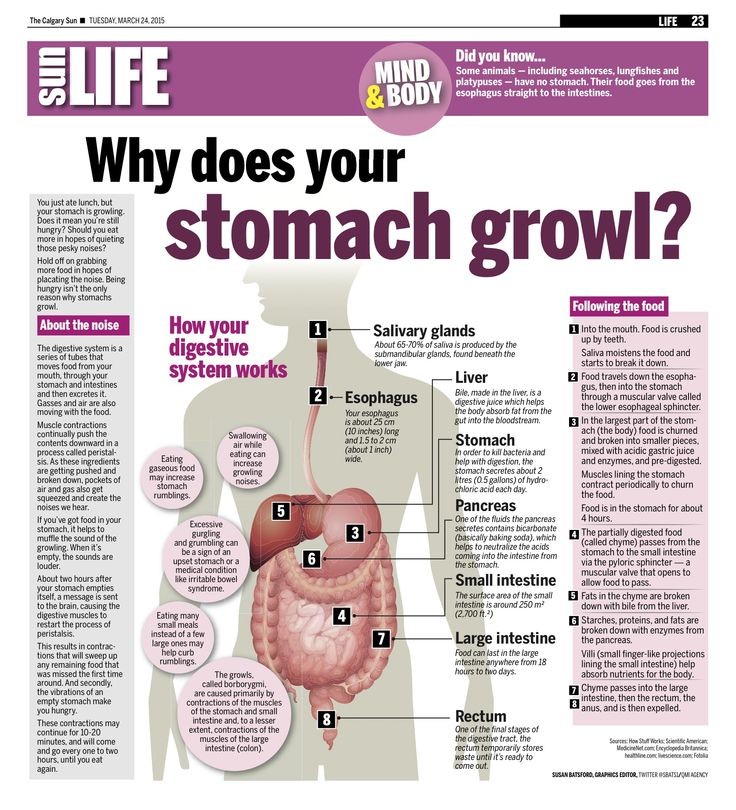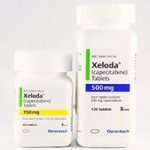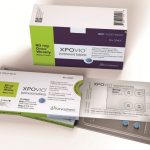
Contents
- 1 Why Does My Stomach Hurt After Every Meal?
Why Does My Stomach Hurt After Every Meal?
Your stomach may hurt after every meal due to irritable bowel syndrome (IBS), functional dyspepsia (FD), acute pancreatitis, or other conditions.
The stomach is responsible for digesting food. Breaking down swallowed food and sending it to the small intestine is the stomach’s primary function.
Most people have experienced a stomach ache after eating. The causes are usually benign, ranging from overindulgence to eating something that didn’t agree with you. However, frequent stomach pain after eating is a sign of a deeper problem and shouldn’t be ignored.
Stomach aches can happen at any point during digestion. While some of this is normal, see a doctor right away if you’re experiencing:
- Severe stomach pain
- Blood in the stool
- Vomiting or diarrhea
- Unintentional weight loss
Symptoms of Stomach Pain After Meals
Most of the time, the causes of digestive trouble after eating are not too much to worry about. But if the pain is severe, sudden, or long-lasting, it should be examined by a doctor as soon as possible.
Common warning signs of stomach pain after a meal are:
Bloating
Eating too fast, eating too much, or consuming high-fat foods can trigger gas and bloating. Keep track of the foods you eat and how your body responds to them.
Constipation
Stomach pains after eating, coupled with constipation, can be caused by various lifestyle and dietary factors. Abdominal and diaphragm muscles are needed for digestion, and insufficient dietary fiber can hinder proper digestion.
Heartburn
Heartburn often accompanies stomach pain and indigestion. It is caused by acid reflux, the reverse flow of stomach acid into the esophagus. Alcohol and fatty foods are common triggers.
Nausea
Nausea can have several possible causes, from food poisoning to Crohn’s disease. If you regularly feel nauseous after eating, see a doctor.
Other symptoms and warning signs associated with stomach pain after eating include:
QUESTION
Causes of Stomach Pain After Eating
There are many conditions that can cause stomach or abdominal pain after eating. Some causes are routine, some are serious, and some are medical emergencies.
Causes of stomach pain include:
Irritable Bowel Syndrome (IBS)
Up to 20% of Americans live with some form of IBS. The condition often causes lower stomach pain, especially after a meal. Doctors diagnose IBS based on reported symptoms and work with patients to find appropriate diets and treatment regimens.
Functional Dyspepsia (FD)
Also known as a “nervous stomach,” functional dyspepsia causes excess pain, discomfort, and feelings of fullness in people who have only eaten a modest-sized meal. Symptoms can last for hours after eating and are not relieved by using the bathroom, unlike IBS.
Acute Pancreatitis
Pain following a meal is one of the primary symptoms of acute pancreatitis, inflammation of the pancreas. Pancreatitis is a medical emergency, so see a doctor to rule it out as a cause for your stomach pain.
Other possible causes of stomach pain after eating include:
- Appendicitis
- Intestinal obstructions
- Stomach ulcers
- Gallbladder inflammation
Diagnosis of Stomach Pain After Meals
Your doctor will ask questions about your diet, lifestyle, and medical history, all of which can significantly affect the digestive system.
Doctors can use computerized tomography (CT) and magnetic resonance imaging (MRI) scans to diagnose gastrointestinal pain, but generating accurate images of the digestive system using these methods is not always easy.
Treatments for Stomach Pain After Meals
Mild cases can usually be treated at home. Doctors recommend a light diet, eating small amounts frequently for 24 to 36 hours until you can tolerate more substantial foods. Sports drinks, soups and broths, and juices (no citrus) are highly recommended.
More serious cases are treated with a range of therapies. Doctors look for structural or functional problems in the digestive tract to identify and treat the problem at its source. Interventions may include:
- Intravenous drug infusion
- Medications
- Surgery to treat or remove an infected organ
How Can I Improve My Digestive System?
Your digestive system breaks down food into nutrients your body needs. A healthy gut is influenced by balanced levels of bacteria. Healthy bacteria create normal gut flora, synthesize vitamin K, and promote blood flow and nerve functions in the digestive system.
Your diet and lifestyle impact your gut health. Here are signs of an unhealthy digestive system and how to improve it:
Signs of an Unhealthy Digestive System
Signs of an unhealthy digestive system may include:
- Weight gain: Unintentional weight gain or loss is one of the most common signs of an unhealthy gut. Improper gut function can interfere with blood sugar regulation.
- Increased stress: An unhealthy gut can impact hormonal balance and contribute to stress, anxiety, and other mood disorders.
- Skin irritation: Skin problems such as eczema, rosacea, psoriasis, and acne have been linked to an unhealthy digestive system.
- Bloating and gas: Gas is a normal part of the digestion process, but improper digestion and bad bacteria strains can lead to excessive gas, bloating, and heartburn.
- Diarrhea: An unhealthy gut can cause diarrhea, which worsens gut health by depleting good bacteria.
- Constipation: Constipation is associated with lower levels of good gut bacteria, impacting digestion.
- Sleep problems: An unhealthy gut can result in poor sleep or insomnia, leading to chronic fatigue, high blood pressure, and other health issues.
6 Ways to Improve Digestive Health
To improve gut health, consider the following diet and lifestyle changes:
- Consume fiber-rich and probiotic-packed foods: Fiber stimulates the growth and diversity of good gut bacteria. Foods like sweet potatoes, spinach, beets, carrots, and fennel are rich in natural gut-enhancing fiber.
- Take probiotic supplements: Probiotic supplements contribute to the growth of good gut bacteria and restore gut health.
- Exercise regularly: Regular exercise, combined with a healthy diet, promotes the production of good bacteria that produce beneficial fatty acids. This can help prevent diseases such as diabetes, obesity, and cancer.
- Get enough sleep: Adequate sleep is essential to a healthy digestive system. Lack of sleep and high stress levels can negatively affect gut bacteria and overall gut health.
- Avoid animal products: Red meat, high-fat dairy products, and fried foods reduce the growth of healthy bacteria and promote the growth of bad bacteria associated with chronic disease.
- Avoid unnecessary antibiotics: While antibiotics are necessary for bacterial infections, overuse can damage gut microbiota and lead to antibiotic resistance.
By clicking Submit, I agree to the MedicineNet’s Terms & Conditions & Privacy Policy and understand that I may opt out of MedicineNet’s subscriptions at any time.
Sources:
American Family Physician: "Diagnosis of Acute Abdominal Pain in Older Patients."
Cedars Sinai: "Acute Pancreatitis."
Duke University Health System: "Stomach Disorders."
Healthgrades: "Digestive Conditions."
Harvard Health Publishing: "Common Causes of Constipation."
Johns Hopkins Medicine: "Why Does My Stomach Hurt?"
MedlinePlus: "Stomach Disorders."
New Health Advisor: "Bloating After Eating."
UnityPoint Health: "What Your Upset Stomach Is Trying to Tell You."
University of Michigan Health: "Irritable Bowel Syndrome (IBS) and Functional Bowel Disorders."
UW-Madison University Health Services: "Upset Stomach."


